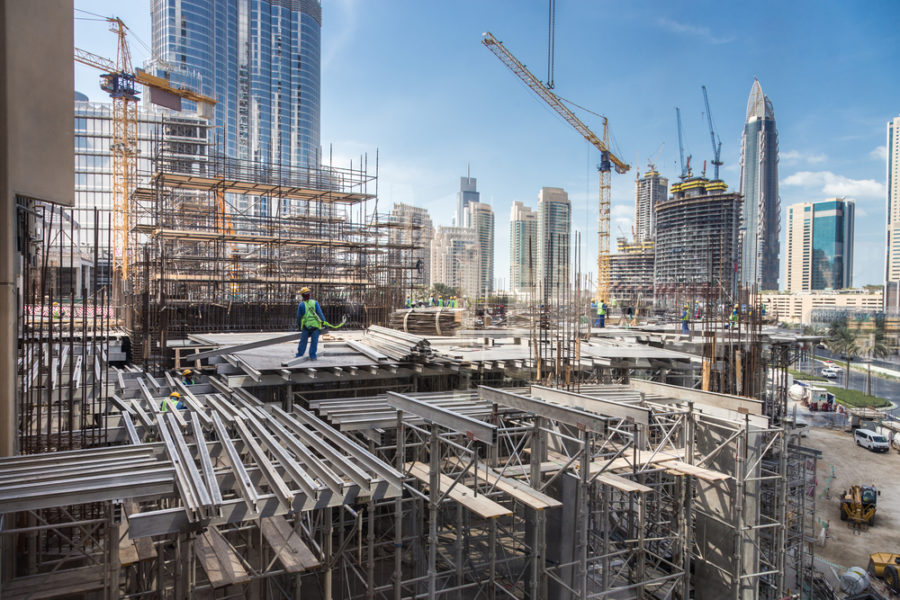
We use infrastructure every day. From the roads we drive on to the railways and electrical grid, infrastructure is what supports our modern world. But when it comes to supporting the infrastructure, only steel can perform at the level it does.
Not only requiring the strength needed to hold up against the constant use and demand but also the durability to last decades and not need frequent maintenance or replacing. Steel allows a huge variety of infrastructural applications to function and endure, no matter the environment, conditions, or amount of usage. Even better, steel’s recyclability reduces the carbon footprint of its use across the globe.
Why Choose Service Steel Warehouse?
Our competitive edge is in our name: Service. Since our humble beginnings in 1965, we have taken pride in the accuracy, speed and quality of service we offer you.
Environmentally-Friendly
Steel is 100% recyclable while still maintaining its strength and properties that have made it so popular as the material of choice for infrastructure.
Premium Quality
Our steel is high-quality and available in different specifications for reliable strength and characteristics that offer dependable and long-lasting roads, railways, buildings, and much more.
Ready-to-Ship Inventory
Our supply of steel products is also ready to ship the following day and allows you to get work started even faster.
Massive Stock
Our huge inventory means you get everything you need for projects that span vast distances and extensive amounts of resources.
FIND OUT MORE
Call Us Now: 800-675-9929
Steel Applications in the Infrastructure Industry
Railways
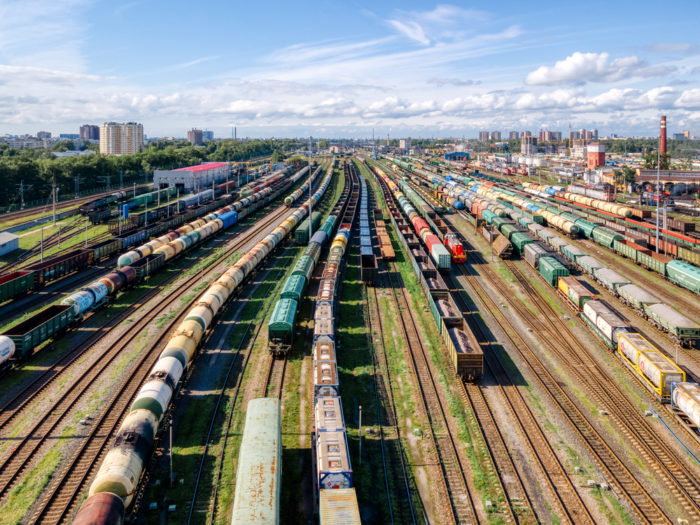
Steel Bridges
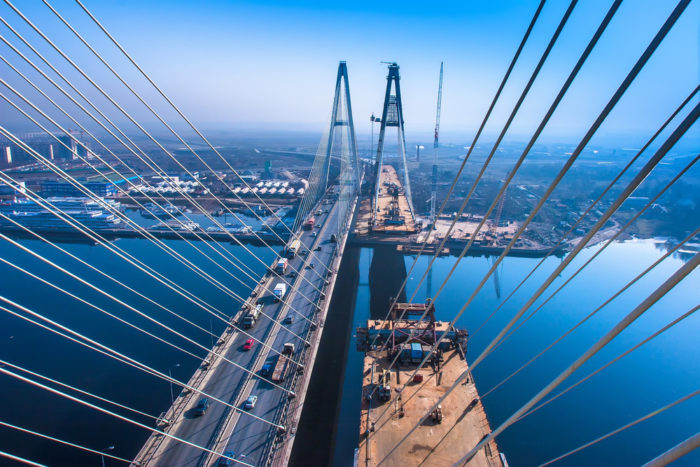
Ports
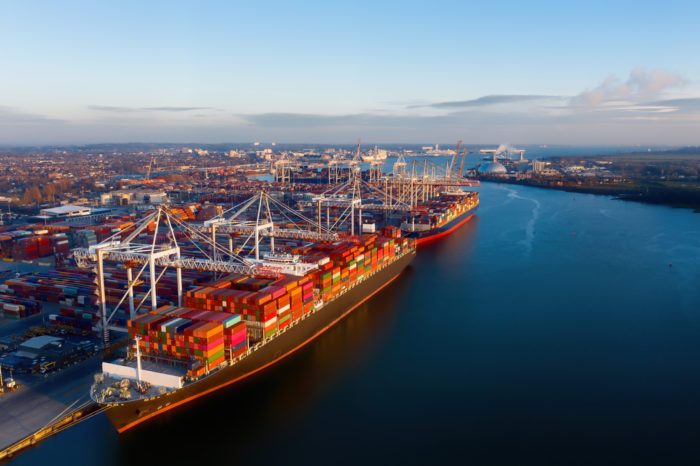
Airports
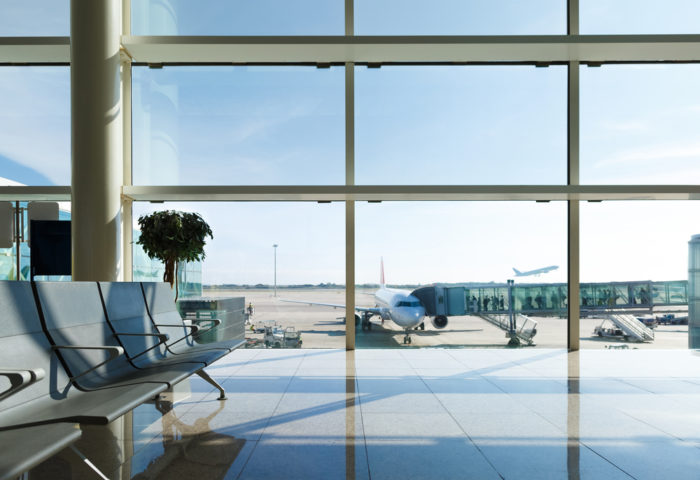
Infrastructural Steel FAQs
How does using structural steel contribute to a bridge’s ability to withstand extreme weather or seismic events?
Structural steel’s exceptional strength-to-weight ratio allows bridges to flex and absorb stress for withstanding extreme weather and seismic loads. High-ductility grades like A36, A572, and A709 maintain their structural resilience and energy absorption during seismic activity.
Which steel grades does Service Steel Warehouse stock for bridge and highway projects?
We carry ASTM A36, A572, and A709 mill plates, widely used for construction and infrastructure projects. A572, in particular, offers higher yield strength and is ideal for heavy structural applications like bridges or highways.
Does Service Steel Warehouse carry ASTM A36 structural steel for general-purpose infrastructure framing?
Yes, we stock structural shapes (beams, channels, and more) in ASTM A36. This steel grade is a widely used standard for general structural framing.
What infrastructure-grade steel does Service Steel Warehouse recommend for high-load, long-span truss or suspension bridges?
For demanding, long-span infrastructure applications, our ASTM A572 and A709 steel products provide higher strength while reducing weight. This delivers optimal performance in load-critical designs.
Can Service Steel Warehouse help with ultra‑long lifespan infrastructure (like bridges)?
Yes. We supply durable, high-strength steels like A572 and offer protective treatments via our value-added services. Both of these support ultra-long-life infrastructure to last over 100 years with minimal maintenance demands.
Can Service Steel Warehouse fulfill large-scale orders for infrastructure projects?
Yes. We maintain one of the nation’s largest inventories of structural steel (beams, tubing, plates, and more), ready for immediate shipment to large-scale infrastructure work sites.
Can Service Steel Warehouse’s products meet the demands of coastal or corrosive environments?
Yes. We offer value-added services like galvanizing, which enhances your steel’s corrosion resistance — particularly important in coastal or harsh environments for salt‑air railway bridges or port infrastructure.
What makes Service Steel Warehouse’s inventory ideal for long‑span bridges and railway support structures?
Our broad inventory of structural shapes and high‑strength steels supports comprehensive infrastructure needs. Providing advanced value-added services (e.g. cutting and galvanizing) enhances durability and readiness. Our strategic logistics via Houston rail and port access (plus locations across the Southeast and Midwest) ensure fast, reliable delivery to construction sites.